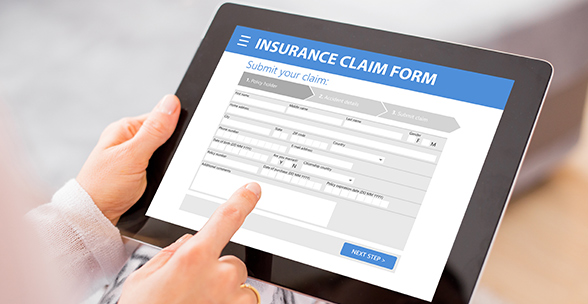You Can Tie Medical Practice Social Media to ROI
 Patient engagement has become an industry buzzword defined differently by different constituents. While “engagement,” as defined by policy wonks and technology pundits may be some years away, providers have implemented both IT and service programs in attempts to monetize this term.
Patient engagement has become an industry buzzword defined differently by different constituents. While “engagement,” as defined by policy wonks and technology pundits may be some years away, providers have implemented both IT and service programs in attempts to monetize this term.
Much has been said about the “consumerization of healthcare” putting increasing pressures on providers, but the emerging data shows that patient engagement can indeed be profitable if operational and financial goals are clearly set from the beginning, and key performance indicators (KPI) are measured carefully.
While there are numerous patient engagement KPI metrics one can measure, one of the hardest to measure has been social media. ![]()
There is a huge amount of interest in social media both from patients and providers. While patients are using social media more and more to find a physician, the physicians aren’t entirely sure there is a return on the effort. But recent studies show that there is a return and it is valuable.
Two recent studies from Stanford and Harvard uncover the value of social media in healthcare. The Harvard study showed that a one star increase in social media led to a 9% increase in annual revenues. Moreover, the researchers that conducted this study found that in areas with a heavy penetration of social media reviews of restaurants, consumers tended to take their money to small businesses with better reviews over chain restaurants that spent considerably more on traditional branding and marketing.
The challenge for healthcare providers is that even the most popular of healthcare practices may not get more than a few reviews per year. This makes sense as most consumers tend to want to share their experiences of great restaurants, but less so of their excellent healthcare experiences. Yet this means that in order to have the most accurate reflection of consumer opinion of your practice, one must either routinely ask patients for reviews as they leave your office (an unsettling task for many providers and practice managers) or employ the use of an automated patient survey system.
Many of the leading appointment reminder systems are starting to employ a post appointment survey that integrates to the practice management system or EHR, and then sends patients an opportunity to review their latest experience.
The very best systems take negative reviews and alert your office so your practice manager can communicate with the disgruntled patients, while the positive reviews get automatically filled into your profiles on popular review sites.
So how can a practice track the ROI of social media? This is an important metric in the age of the “experience economy,” yet also the hardest to measure as far as patient engagement. An easy hack for this is to simply place an average monetary value on four and five star reviews. In my experience, placing a value of $1,500 for every 4 star review and $2,500 for every 5 star review is a good metric, albeit not totally accurate in every condition or every market.



















